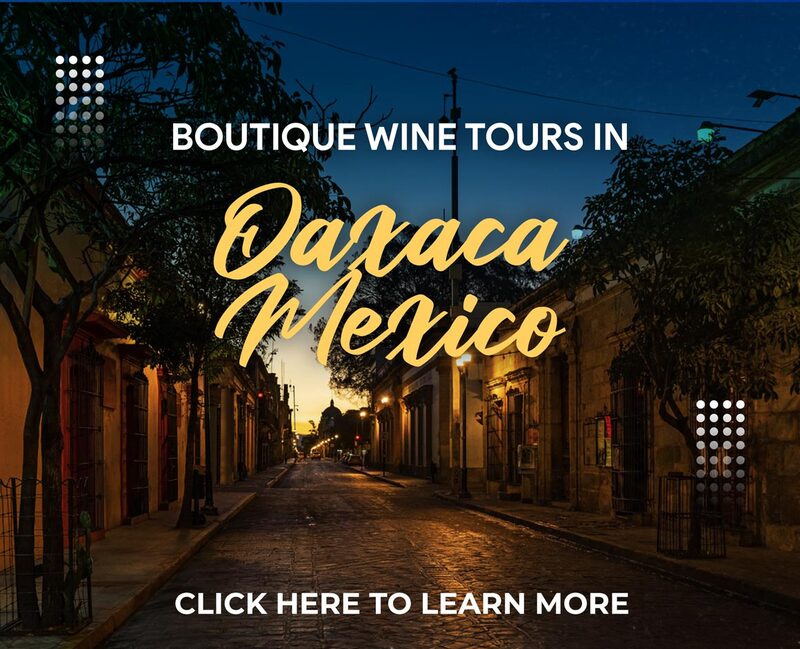|
Did you know that mezcal is probably one of the most primitive spirits in the world, preserving traditions that date back hundreds of years? Despite the advancements in technology, the traditional way of producing mezcal has not changed much over time. The agave is still roasted in an earth pit for several days, using a Tahoma wheel pulled by a horse or bull. And in some distilleries, wooden bats are still used to hand extract the roasted agave.
Tequila and mezcal are both derived from the agave plant, but tequila has been the more popular spirit for centuries. Ironically, some experts believe that mezcal may be the first distilled spirit in the Americas. The 11 varieties of agave used for mezcal are native to Oaxaca, Mexico, where the spirit has been produced for over 400 years using distillation techniques learned from Spanish conquerors. Legend has it that mezcal was created when a lightning bolt struck an agave plant, resulting in a mystical beverage known as the "elixir of the gods." Mezcal production became an important part of the economy in Mexico, as it was a new item that could be sold and taxed. Families passed down their specific techniques for mezcal production from generation to generation, contributing to the overall economy of their villages. Despite its historical significance, tequila surpassed mezcal in popularity due to its industrial revolution in the 1880s. Tequila's upgraded production methods, which included above-ground ovens, made it more efficient and quicker to produce, while mezcal continued cooking the agave heads underground in pits. But over time, some families began sharing their techniques with others to increase production and make mezcal more widely available. This has contributed to the recent increased awareness of mezcal outside of Mexico. Various mezcal producers aim to introduce the spirit to consumers worldwide and make it readily available beyond its native country. With its mystical history and unique production methods, mezcal is a true treasure of the spirits world. Currently, some Mezcal producers have upgraded their technology to enable large-scale production. However, there are some producers that resort to methods that compromise the quality of the final product. For example, some use sulfuric acid, which has tainted the tequila industry over the last two decades. Fortunately, there are still plenty of small, unique Mezcal brands that are produced by families in their backyards throughout the Mezcal territories in Mexico. Each sip of these Mezcals is a journey through a 4-5 generation family recipe and art, making it a truly authentic experience. So, enjoy your Mezcal journey and discover the rich history and traditions behind each sip! |
AuthorMarcus Guiliano is a renowned mezcal expert with years of experience in the industry. His passion for the spirit has led him to offer mezcal tours in Mexico, where he shares his knowledge and love for the drink with enthusiasts from around the world. ArchivesCategories |
Checkout Other Wine ToursNavigate
|
About UsWelcome to VIP Winery Vacations. We specialize in wine country tours in Italy, Spain, New York State and Mexico. We offer all inclusive vineyard tours, to partial tour assistance, airport transfers, villa rentals, meals, tour guides, wine tastings and anything to do with wine country travel.
|
VIP Winery Vacations / Aroma Thyme Bistro LLC - 165 Canal St, Ellenville, NY - Contact No. (845) 800-0449 - Email: [email protected]
Copyright © 2021 VIP Winery Vacations LLC and Aroma Thyme Bistro LLC
 RSS Feed
RSS Feed






